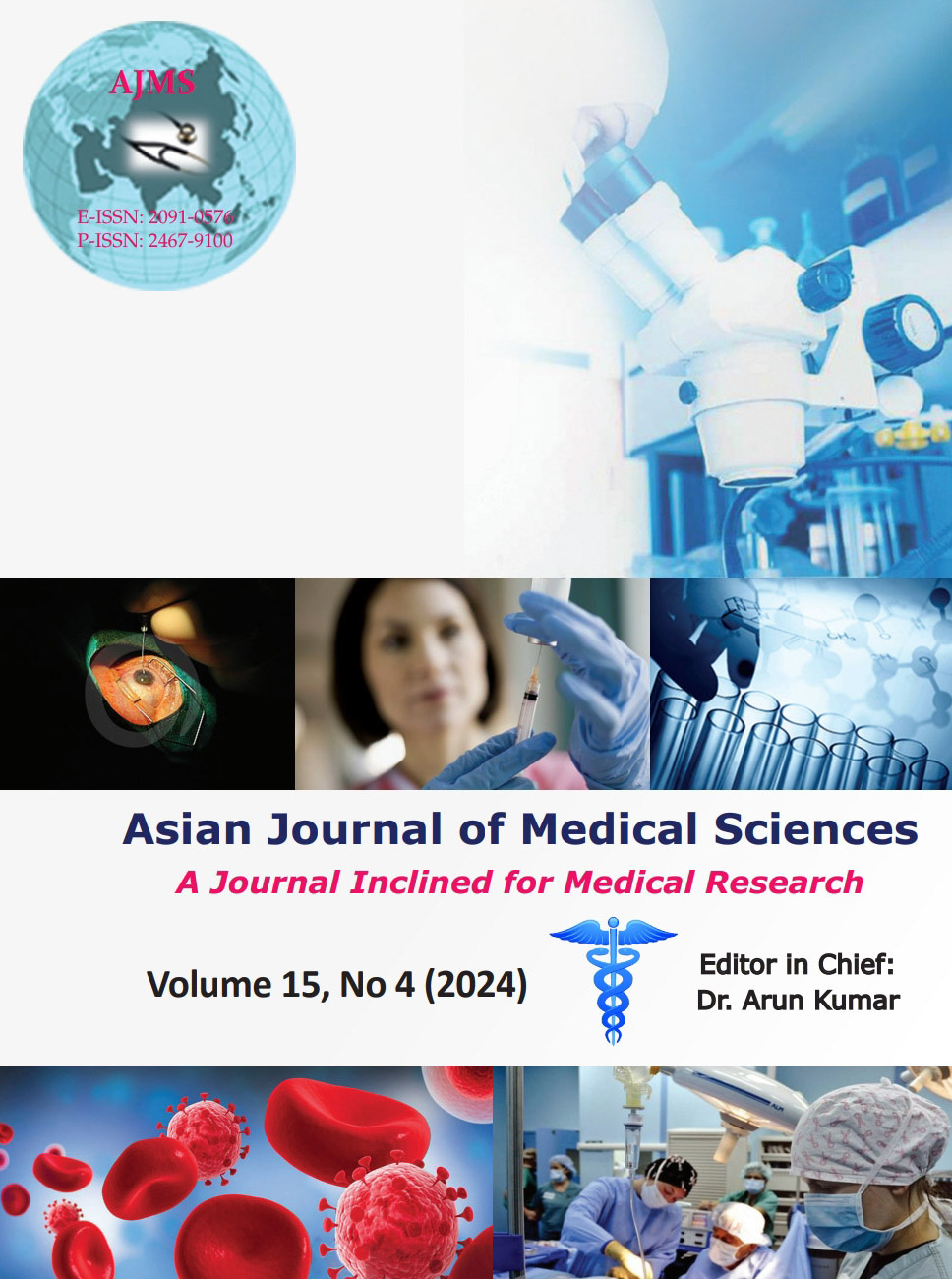Awareness about basic life support among undergraduate medical students before and after clinical exposure in a tertiary care hospital attached to a medical school in South India
Keywords:
Basic life support; BLS training; Cardiac arrest; Cardiopulmonary resuscitation; Medical undergraduates; QuestionnairesAbstract
Background: Knowledge of basic life support (BLS) is one of the life-saving measures that every medical undergraduate student must possess.
Aims and Objectives: This study focused on knowing the level of knowledge in fresh medical undergraduate entrants (knowledge A [KA]) and 3rdyear students with clinical exposure but no BLS training (knowledge B [KB]). We also assessed the knowledge in 1st-year students (retention A [RA]) soon after foundation course and compared it with retained knowledge after 6 months (retention B [RB]).
Materials and Methods: This non-randomized multigroup cross-sectional study was done on medical undergraduate students in a tertiary care hospital attached to a medical school in South India. A validated questionnaire with 25 questions assessing knowledge of BLS was formulated and administered to 508 medical students.
Results: After analyzing data in SPSS V24, the mean scores in KA and KB were 11.03±4.33 and 13.95±5.43, respectively, with a P<0.001 which was significant. Although both the scores were >50%, clinical exposure had some effect on mean scores in medical undergraduates. Mean scores in RA and RB were 23.16±5.09 and 16.17±6.97, respectively, with P<0.001 which was significant, implying less retention of knowledge in RB 6 months after BLS training.
Conclusion: A foundation course introduced into the medical curriculum is essential and refresher courses should be conducted frequently to retain the knowledge of BLS as daily academic commitments can prevent retention of BLS knowledge.
Downloads
Downloads
Published
How to Cite
Issue
Section
License
Copyright (c) 2024 Asian Journal of Medical Sciences

This work is licensed under a Creative Commons Attribution-NonCommercial 4.0 International License.
Authors who publish with this journal agree to the following terms:
- The journal holds copyright and publishes the work under a Creative Commons CC-BY-NC license that permits use, distribution and reprduction in any medium, provided the original work is properly cited and is not used for commercial purposes. The journal should be recognised as the original publisher of this work.
- Authors are able to enter into separate, additional contractual arrangements for the non-exclusive distribution of the journal's published version of the work (e.g., post it to an institutional repository or publish it in a book), with an acknowledgement of its initial publication in this journal.
- Authors are permitted and encouraged to post their work online (e.g., in institutional repositories or on their website) prior to and during the submission process, as it can lead to productive exchanges, as well as earlier and greater citation of published work (See The Effect of Open Access).




